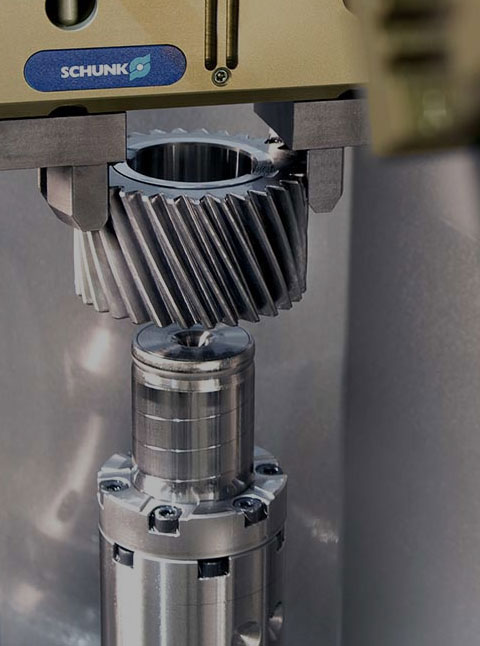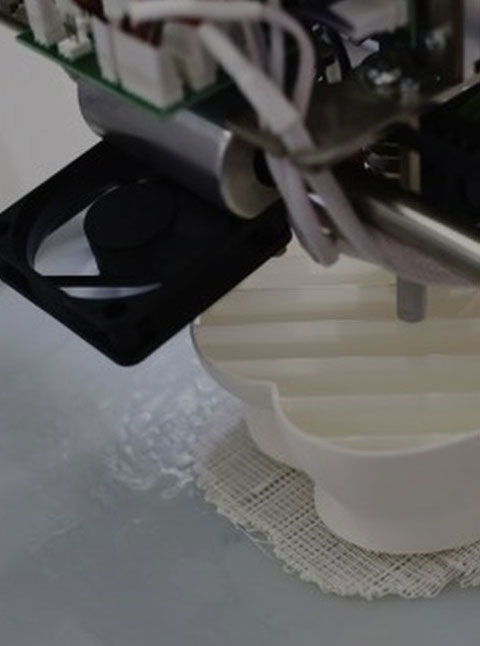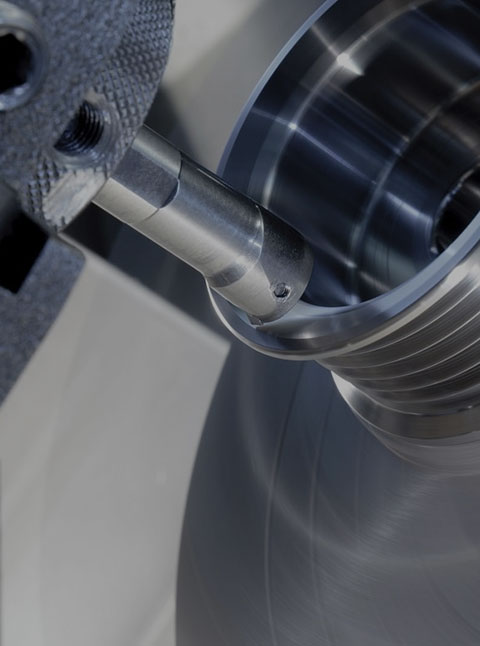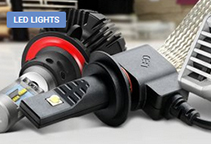You’re driving down the road and suddenly start to hear thumping, scraping, or hissing coming from your car. What do you do? Call roadside assistance? Keep driving?
If you aren’t sure, read on to hear from two auto experts on which car noises you shouldn’t ignore and how you should respond to them. Further, if the noise ends up requiring an expensive repair, we’ll share tips on how to pay for it without breaking the bank.
 5 car noises you shouldn’t ignore
5 car noises you shouldn’t ignore
A car can make many noises but which ones are really bad and require immediate attention?
Jill Trotta, automotive group director at RepairPal and 2017 Auto Care Woman of Excellence, shares the following five car noises you should listen for and what could be causing them.
1. Squealing, scraping, and grinding, particularly when braking
This could be a brake issue developing. Addressing this problem immediately is crucial because it could be a safety-related issue emerging. On the other hand, it might just save you some money.
2. Thumping noises that happen when the vehicle is in motion
These noises can occur when turning, driving straight, or accelerating. Possible causes can range from a tire that is coming apart, to a cv axle that is bad, to braking issues. All of these problems should garner your immediate attention.
3. Hissing or sizzling noises coming from your engine area
The sounds may or may not be accompanied by smoke or steam and are likely due to engine fluids (oil, coolant, power steering) leaking into hot exhaust parts. This could cause damage to your engine and is also a fire hazard.
4. Knocking noises on acceleration
This is something that should be addressed right away. The likely causes could be failing belt tensioners or internal engine problems. Both should be looked at to avoid more significant expensive repairs.
5. Consistent rattles from the engine compartment or under the car
These should also be addressed as soon as possible. They can indicate loose or failing suspension or engine components (power steering, alternator, tensioners, or a/c compressor).”
There you have Trotta’s top five noises you shouldn’t ignore. As you can see in her explanations, she can make guesses as to what is causing a noise, but can’t give a definitive answer until she inspects the car. Richard Reina, product training director at CARiD.com, explains more about the nature of identifying problems from noises.
He says, “It is hard to make a blanket statement that one sound leads to one problem, such as ‘if your brakes squeak, you need new brake pads’ because many times there are several elements to consider. Also, many sounds are simply normal operating characteristics of a vehicle. Instead of trying to identify every sound you hear, drivers need to pay attention to any change in sound.”

 Recaro Automotive Seating Announces Partnership with Onyx Enterprises' CAR ID
Recaro Automotive Seating Announces Partnership with Onyx Enterprises' CAR ID
 BEST GIFTS FOR THE CAR LOVER ON YOUR SHOPPING LIST
BEST GIFTS FOR THE CAR LOVER ON YOUR SHOPPING LIST
 Road trippers should take an extra-long test drive
Road trippers should take an extra-long test drive
 Buying vs. Leasing: Which Option is Right for Your Next Car?
Buying vs. Leasing: Which Option is Right for Your Next Car?